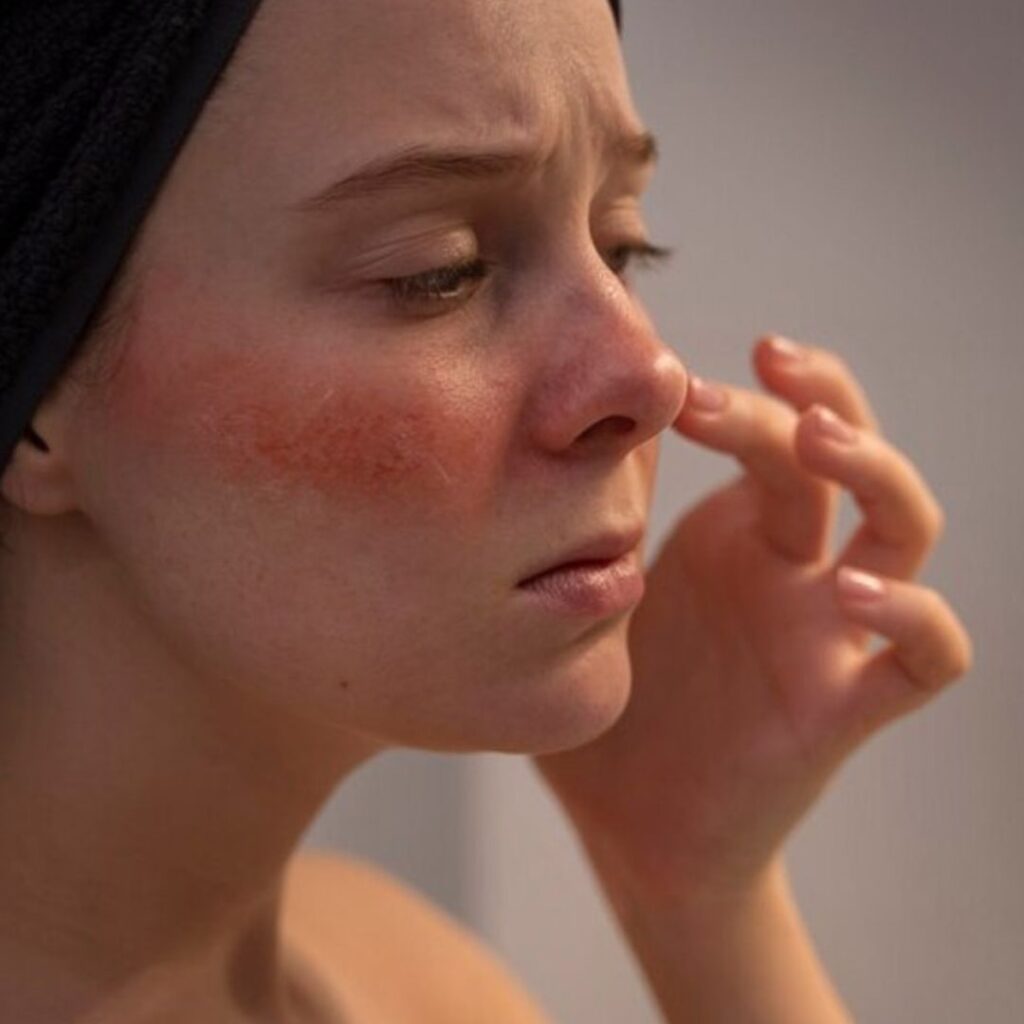Managing chronic skin conditions such as eczema, psoriasis, acne, rosacea, or dermatitis requires a holistic approach. While topical treatments and medications can help control symptoms, your daily habits play an equally important role in long-term skin health. The skin is the body’s largest organ, and like any organ, it responds to how you treat it—both internally and externally.
Below, we explore practical lifestyle changes backed by dermatology insights to help you maintain healthy, clear, and resilient skin over time.
1. Build a Consistent Skincare Routine
Healthy skin starts with consistency. Cleanse your face twice daily using a gentle, pH-balanced cleanser to remove dirt, oil, and impurities without stripping the skin’s natural oils. Harsh soaps can damage your skin barrier, making it more vulnerable to flare-ups.
Follow cleansing with a moisturizer suitable for your skin type—creams for dry skin, lotions for normal skin, and gel-based moisturizers for oily or acne-prone skin. For chronic conditions like eczema, use fragrance-free products enriched with ceramides to restore the skin barrier.
For more advanced concerns like sagging skin or loss of elasticity, consider professional solutions such as skin tightening therapy, which can help improve firmness over time.
2. Stay Hydrated Inside and Out
Water is essential for maintaining skin elasticity, plumpness, and barrier function. Dehydration can make fine lines more visible and worsen conditions like psoriasis and dermatitis.
Aim to drink at least 8–10 glasses of water daily, and more if you live in hot climates or engage in physical activity. Include hydration-boosting foods like cucumber, watermelon, oranges, and strawberries. Herbal teas and infused water (with lemon, mint, or berries) are excellent ways to add flavor while improving hydration.
Don’t forget external hydration—apply a hydrating serum or moisturizer right after showering to lock in moisture.
3. Nourish Your Skin with a Balanced Diet
Your skin reflects your diet. Inflammatory foods can worsen breakouts or trigger flare-ups of chronic skin conditions. A skin-friendly diet should include:
- Antioxidant-rich foods like berries, leafy greens, and bell peppers to protect against oxidative stress.
- Omega-3 fatty acids from salmon, flaxseeds, and walnuts to reduce inflammation.
- Zinc-rich foods like pumpkin seeds and chickpeas to support skin healing.
- Vitamin C from citrus fruits, kiwi, and guava for collagen production.
Avoid excessive sugar, refined carbs, and processed snacks as they can spike insulin levels and promote inflammation. If you have persistent breakouts, try reducing dairy to see if your skin improves.
4. Prioritize Sleep for Skin Repair
Your skin undergoes cell renewal while you sleep, making rest an essential part of skincare. Lack of sleep can increase cortisol levels, leading to inflammation, redness, and acne flare-ups.
Aim for 7–9 hours of uninterrupted sleep each night. Create a bedtime routine that includes reducing screen time an hour before bed, keeping your bedroom cool and dark, and using breathable bedding to prevent sweat-induced irritation.
For those dealing with pigmentation concerns, professional treatments like age spot removal can help complement your skincare routine.
5. Manage Stress Effectively
Stress triggers the release of hormones like cortisol, which can cause oil production to spike and aggravate skin issues like acne, eczema, and psoriasis. Over time, chronic stress can also slow down wound healing and cause premature aging.
To reduce stress:
- Practice mindfulness meditation or deep breathing exercises daily.
- Engage in yoga or light physical activity to relax the mind and body.
- Take breaks from work to avoid burnout.
- Spend time in nature—sunlight (in moderation) can help improve mood and vitamin D levels.
6. Avoid Skin-Damaging Habits
Smoking reduces oxygen flow to the skin, damages collagen, and accelerates wrinkles. Excessive alcohol can dehydrate your skin, cause redness, and trigger flare-ups. By limiting these habits, you not only protect your skin but also improve your overall health.
7. Exercise Regularly
Exercise increases blood flow, delivering oxygen and nutrients to your skin cells. This helps keep skin vibrant while promoting natural detoxification through sweat.
Aim for at least 30 minutes of moderate exercise 4–5 times a week. Always cleanse your skin after workouts to prevent clogged pores and breakouts.
For individuals with hair thinning or scalp concerns, dermatology treatments such as temple hair loss therapy can help address the issue alongside a healthy lifestyle.
8. Monitor Your Skin’s Health
Keep track of any changes in your skin, such as new moles, rashes, or spots that don’t heal. Early detection is key in treating skin cancers and other serious dermatological conditions.
Perform monthly self-checks and schedule regular dermatology visits for professional skin assessments. If you notice persistent irritation or unexplained changes, consult a dermatologist in Roorkee for accurate diagnosis and treatment.
Expert Dermatology Care in Roorkee
Dr. Hera Tabassum is one of the top dermatologists and skin care experts in Roorkee, Uttarakhand, known for her expertise in treating a wide range of skin, hair, and nail conditions. She specializes in managing acne, fungal infections, eczema, hair loss, warts, and vitiligo with a combination of medical treatments and lifestyle guidance. Her clinic also offers advanced cosmetic procedures for those seeking healthier, younger-looking skin.
Final Thoughts
While lifestyle changes may not completely eliminate chronic skin conditions, they can greatly reduce symptoms, improve skin texture, and enhance overall well-being. Combining healthy habits with expert dermatology care gives you the best chance for lasting results.
If you’re ready to take charge of your skin health, start with small changes today and consult a professional to create a personalized skincare plan that works for your unique needs.

